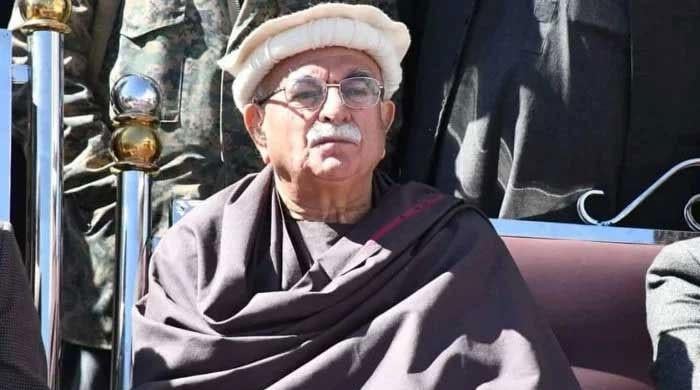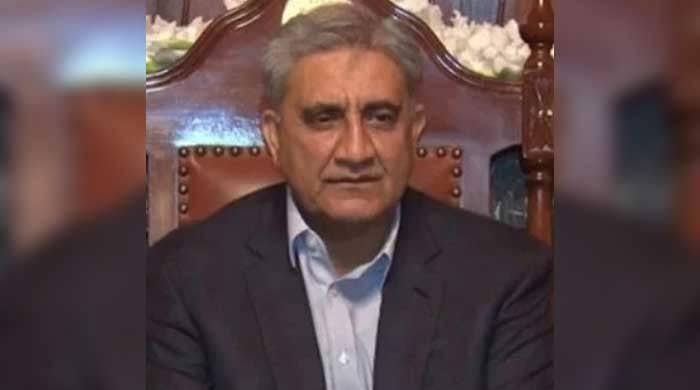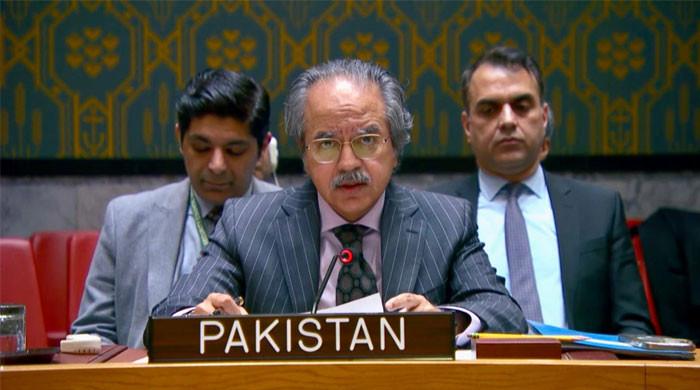PM Imran Khan okays new rules to ensure transparency in bureaucracy
According to new rules, timelines have been introduced at every step of the proceedings
December 03, 2020

ISLAMABAD: In a bid to ensure transparent and effective internal accountability of civil servants and bringing efficiency in the process, Prime Minister Imran Khan has approved the Civil Servants (Efficiency and Discipline) Rules, 2020, The News reported on Thursday.
To speed-up the process of ensuring efficiency and discipline among the civil bureaucracy, the tier of Authorised Officer has been eliminated, leaving only two tiers, which include Authority and Inquiry Officer and Committee.
The two-tier process will resolve the issue of the decision of disciplinary proceedings at a lower level by awarding minor penalties by the Authorized Officer, without seeking approval of the authority.
Read more: DC Islamabad personally makes sure civil servants enter Pakistan Secretariat with masks
To facilitate just decisions of the cases, the opportunity of personal hearing shall now be provided by the authority or hearing officer.
For the first time, plea bargain and voluntary return have been included in the definition of misconduct and such civil servants shall now be proceeded against.
Salient features of the new rules include:
1) To speed-up the process, the tier of the authorised officer has been eliminated, leaving only two tiers i.e. the authority and inquiry officer/committee.
2) The two-tier process will resolve the issue of the decision of disciplinary proceedings at the lower level by awarding minor penalties by the authorised officer, without seeking approval of the authority.
3) Timelines have been introduced at every step of the proceedings.
• For submission of a response to charges (10-14 days).
• Time for completion by enquiry committee/officer (60-days).
• The authority to decide the case (30-days).
Previously, no fixed timeframe to conclude the proceedings was available that resulted in the delay of the cases for an extended period (even years).
4) To facilitate just decisions of the cases, the opportunity of personal hearing shall now be provided by the authority/hearing officer.
5) For the first time, plea bargain and voluntary return have been included in the definition of misconduct and such civil servants shall now be proceeded against.
6) Procedural issues relating to the provision of record, slackness on part of departmental representatives, suspension, proceedings against officers on deputation/leave/scholarship, etc. have been clearly provided.
7) Establishment Division has been authorised to issue subsidiary instructions/clarifications to avoid any delays.
8) In case of multiple suspected officers in a single case, restriction of appointing a single inquiry officer has been imposed to ensure transparency and avoid different decisions in a single case.
9) In case of PAS/PSP officers posted in provinces, a two months’ timeline has been provided to the chief secretary for submission of the fact-finding report, failing which the Establishment Division can precede on its own.











